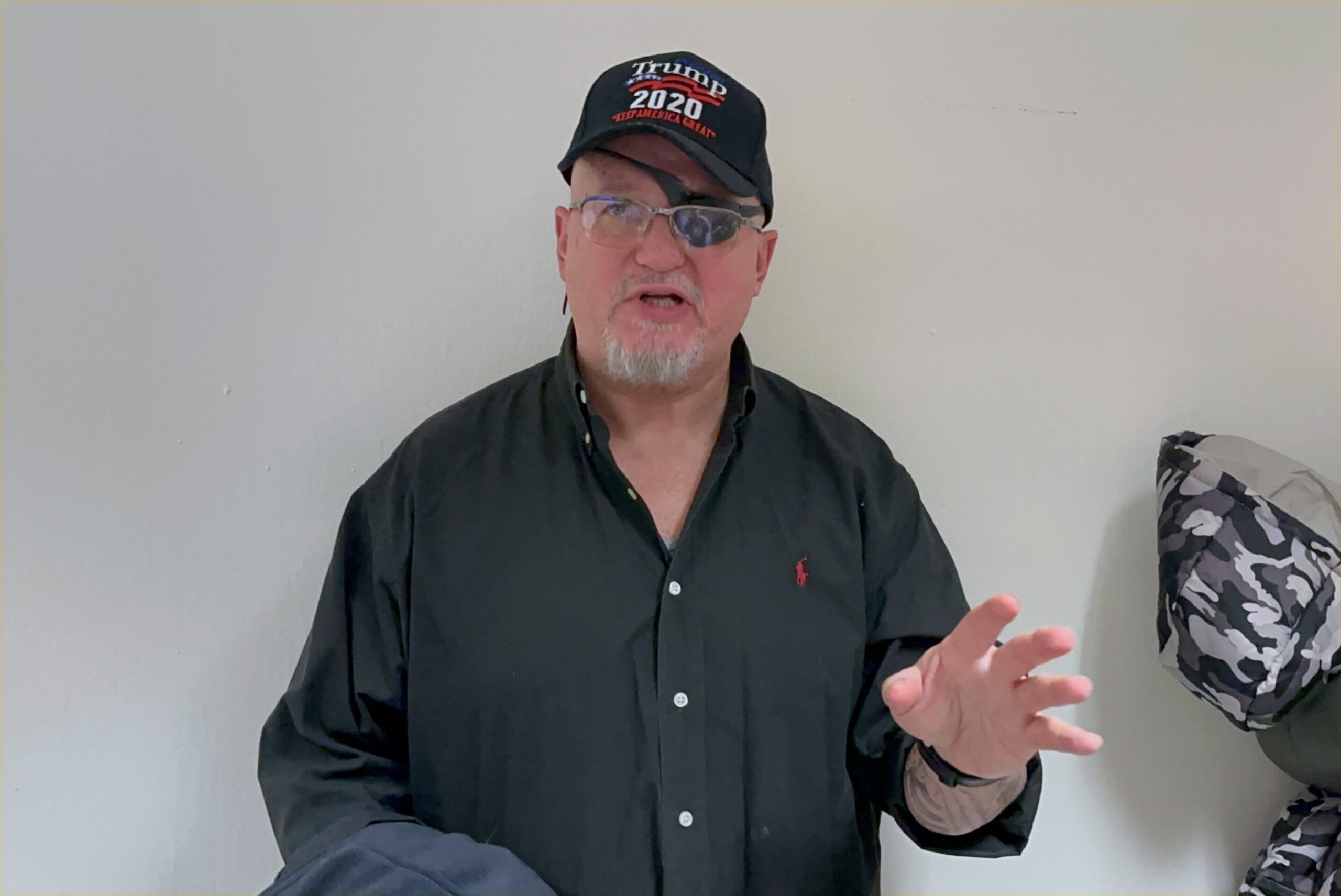What Trump revoking the Equal Employment Opportunity executive order means for businesses and workers
Melina Mara/Pool/AFP via Getty Images
- President Trump on Tuesday rolled back a 60-year-old antidiscrimination executive order.
- The move, one of several anti-DEI changes he's made so far, has consequences for the private sector.
- Here's what Trump's Equal Employment Opportunity decision means and how it affects businesses and workers.
President Trump this week revoked a civil rights-era Equal Employment Opportunity executive order, one of several sweeping changes he's made since taking office to hamper DEI and reshape the federal workforce.
The move guts federal contract workers' protections from discrimination on the basis of characteristics like race, religion, and sex.
Here's what his decision means for businesses and workers:
What is Equal Employment Opportunity?
Executive Order 11246, issued by President Lyndon B. Johnson in 1965, prohibited federal contractors from discriminating in employment and required them to take affirmative action to ensure equal opportunity.
The 60-year-old act has been amended and strengthened over the years to protect federal contract workers from discrimination on the basis of characteristics like race, color, religion, sex, sexual orientation, gender identity, and national origin.
The Department of Labor's website calls it "a key landmark in a series of federal actions aimed at ending racial, religious and ethnic discrimination" and notes that workers employed by federal contractors represent roughly 20% of the US workforce.
What does Trump's executive order change?
Trump's decision requires the Labor Department's Office of Federal Contract Compliance Programs to stop promoting diversity and to stop holding federal contractors and subcontractors responsible for taking affirmative action.
It also directs the office to stop "allowing or encouraging Federal contractors and subcontractors to engage in workforce balancing based on race, color, sex, sexual preference, religion, or national origin."
Employees of federal contractors and subcontractors still have some protections under the Civil Rights Act of 1964, and may have additional protections under state or local laws, Stefanie Camfield, associate general counsel of Engage PEO, told Business Insider.
Why did Trump make this decision?
Conservatives have increasingly taken aim at efforts related to DEI and social and environmental issues, and Trump has made no secret of his disdain for them.
On his first day in office, he signed an executive order to terminate DEI mandates, policies, programs, preferences, and activities — which he called "radical and wasteful" — in the federal government. Federal agencies were told to put employees in DEI roles on paid leave in the meantime.
How are people responding?
While many anti-DEI conservatives are celebrating Trump's decision, labor advocates and leaders of marginalized people's groups have been critical of the executive order reversal.
Judy Conti, government affairs director of the National Employment Law Project, said in a statement that Trump had "gutted key tools to prevent discrimination and root it out at its core."
"This is not a return to so-called 'meritocracy,'" she said. "Rather, it's an attempted return to the days when people of color, women, and other marginalized people lacked the tools to ensure that they were evaluated on their merits."
NAACP President Derrick Johnson in a statement called Trump's decision "outrageous."
"His appalling executive order will only worsen America's racial hierarchy and benefit the oligarch class," Johnson said.
What does this mean for businesses and workers?
Federal contractors can continue following Executive Order 11246 for 90 days from Tuesday of this week, Trump's order states.
His decision is likely to have spillover effects even into private sector businesses that aren't directly implicated.
"I would consider this order a shot over the bow for private businesses that President Trump will be using his executive power to end DEI programs in the private sector as well," said Camfield.
Trump's order directs the Attorney General to submit a report within 120 days "containing recommendations for enforcing Federal civil-rights laws and taking other appropriate measures to encourage the private sector to end illegal discrimination and preferences, including DEI."
Businesses should examine their DEI policies and programs to make sure they're compliant with the Civil Rights Act of 1964 and "consider working with a knowledgeable employment attorney to either amend or even end the program to ensure that they're compliant" with Trump's revocation, Camfield says.
Workers should be aware of their rights under that act and any additional protections they may have under state and local laws.
What's next?
Trump's decision may spark an increase in "reverse racism" cases being filed with the Equal Employment Opportunity Commission, Camfield notes.
Andrea R. Lucas, acting chair of the Equal Employment Opportunity Commission, said, "I intend to dispel the notion that only the 'right sort of' charging party is welcome through our doors and to reinforce instead the fundamental belief enshrined in the Declaration of Independence and our civil rights laws—that all people are 'created equal.'"
Some companies had already begun pulling back on their DEI programs and initiatives before Trump's executive order, including Walmart, McDonald's, and Meta.
Others are standing their ground on DEI.
On Thursday, Costco shareholders overwhelmingly voted against a proposal from a conservative think tank to report on potential risks of the company's DEI efforts.
On CNBC this week, JPMorgan Chase CEO Jamie Dimon said the bank is "going to continue to reach out to the Black community, the Hispanic community, the LGBT community, the veterans community."
Goldman Sachs CEO David Solomon said in another CNBC interview that the bank is listening to clients, who are thinking "about their businesses, how they find talent, the diversity of the talent they find all over the world."
"We continue to stay focused on talking to our clients and doing the things we've always done," he said.
Read the original article on Business Insider
Source: View source





